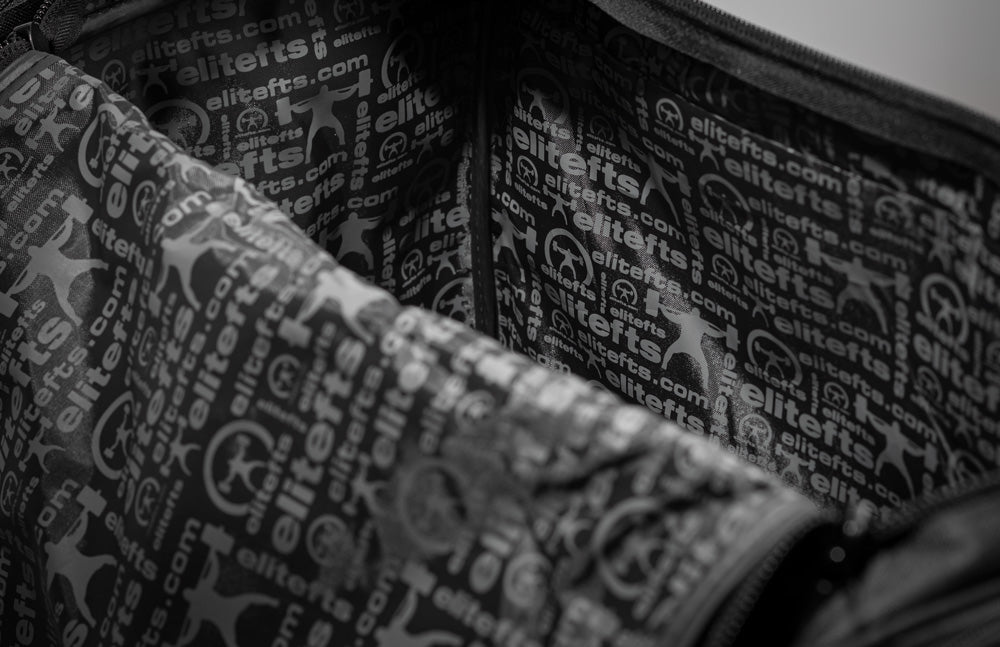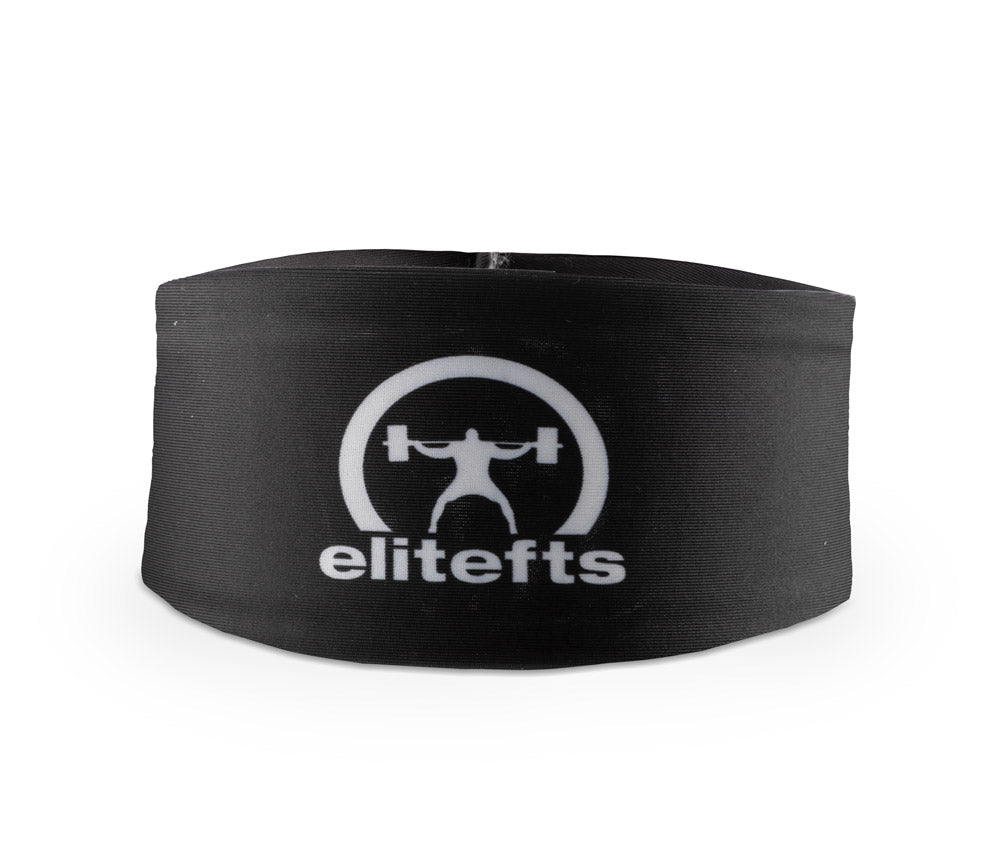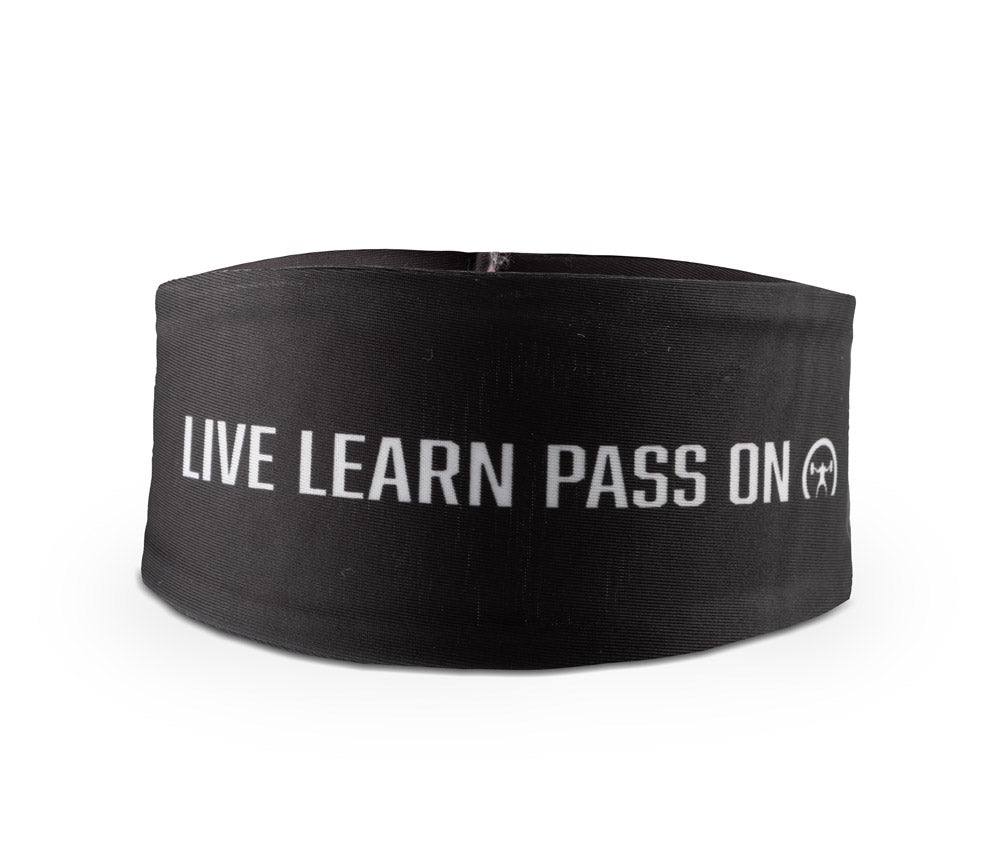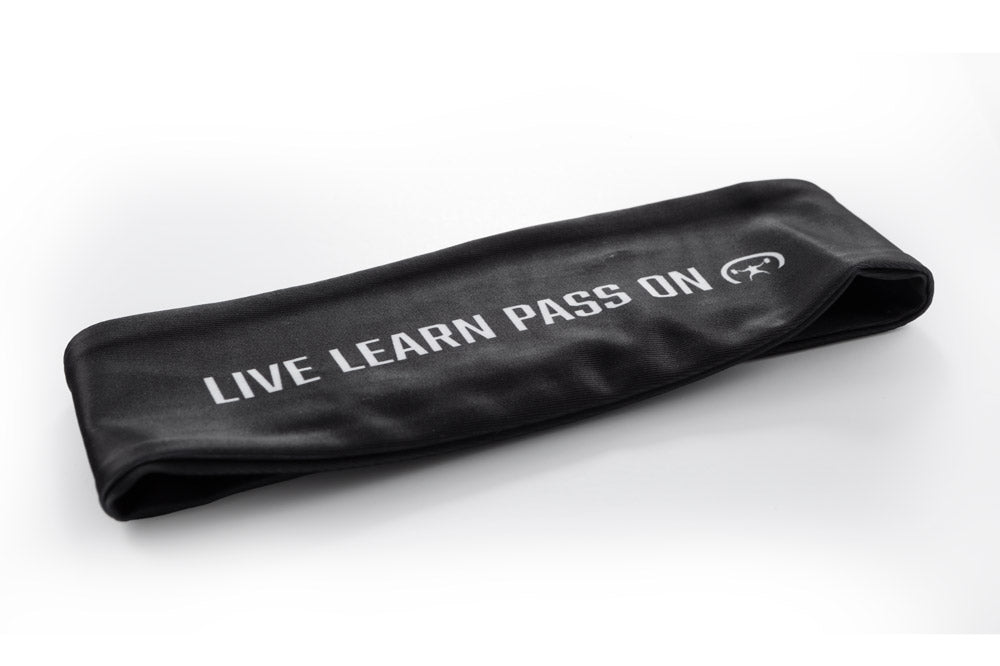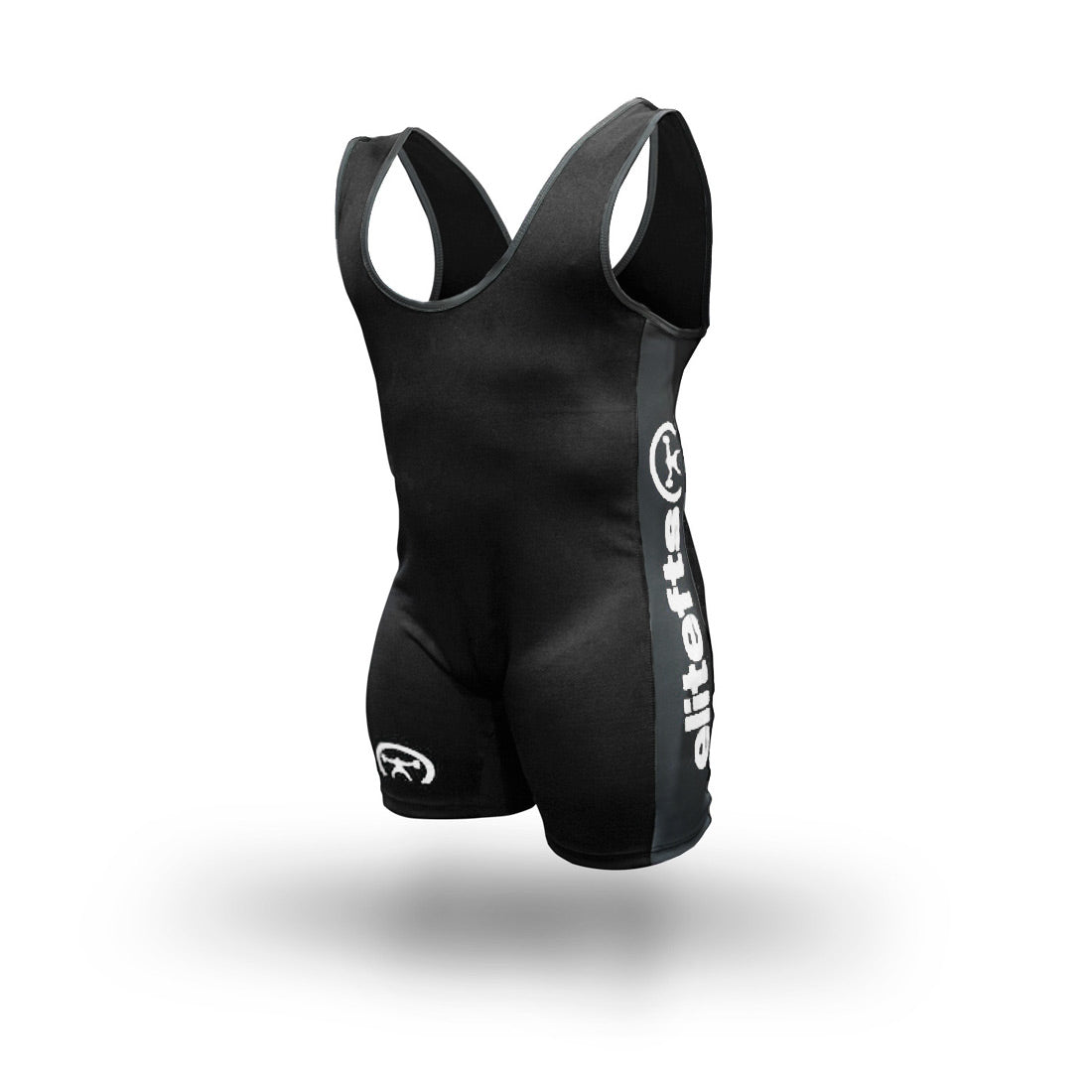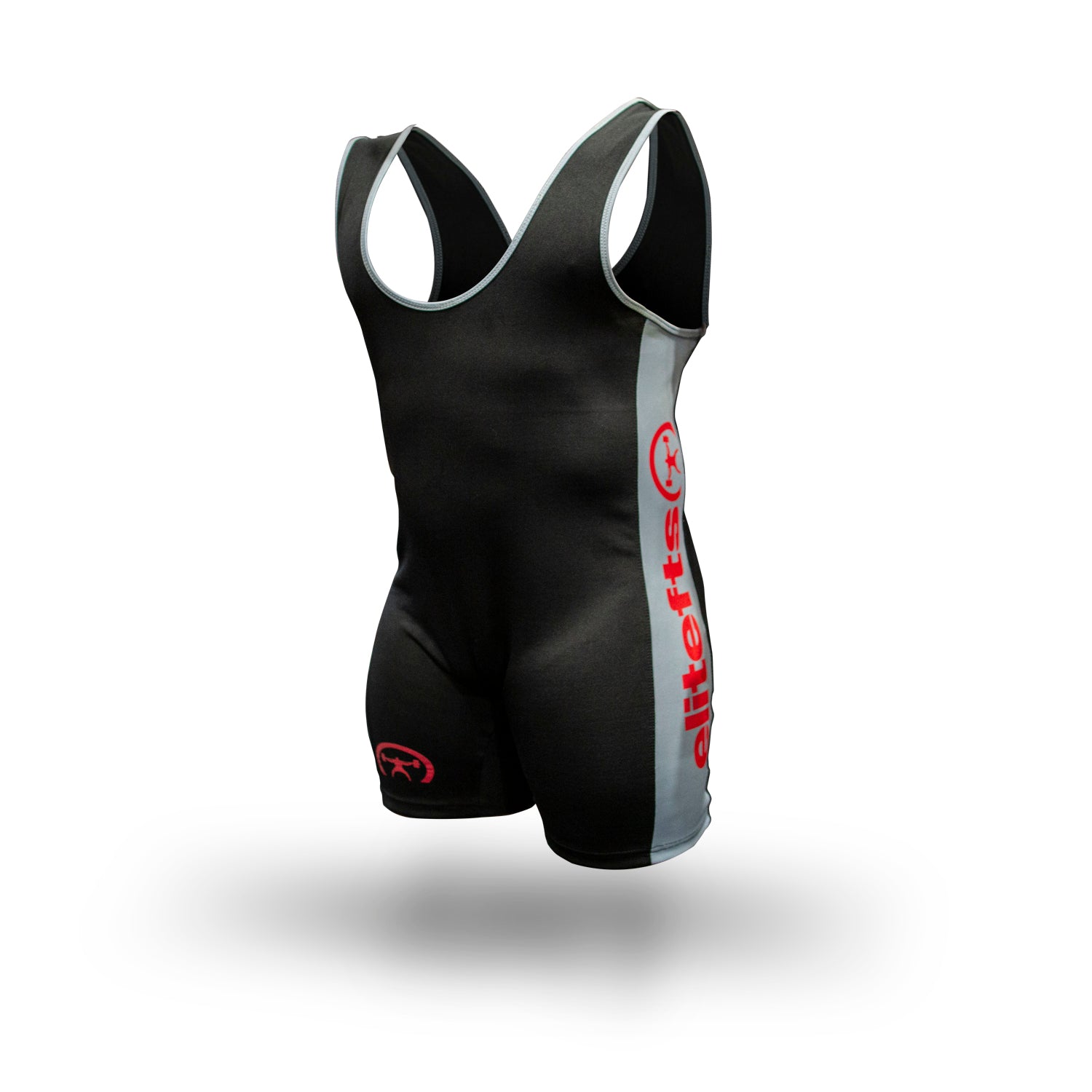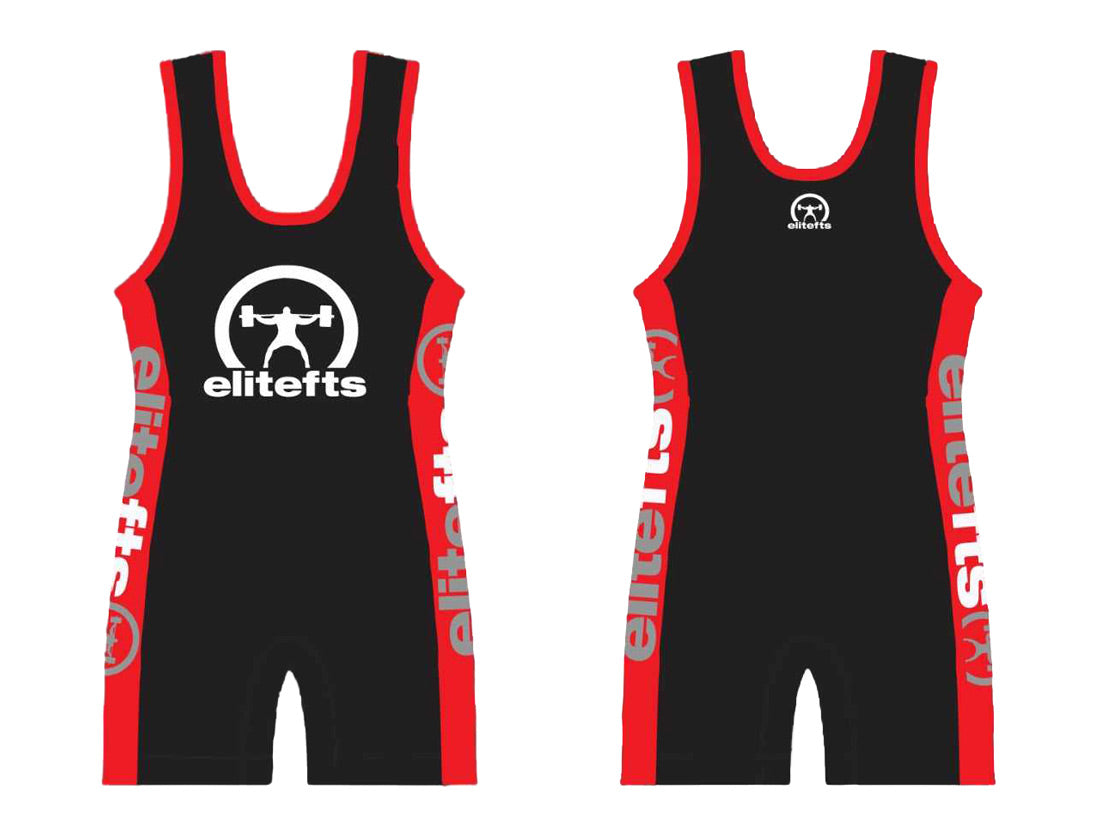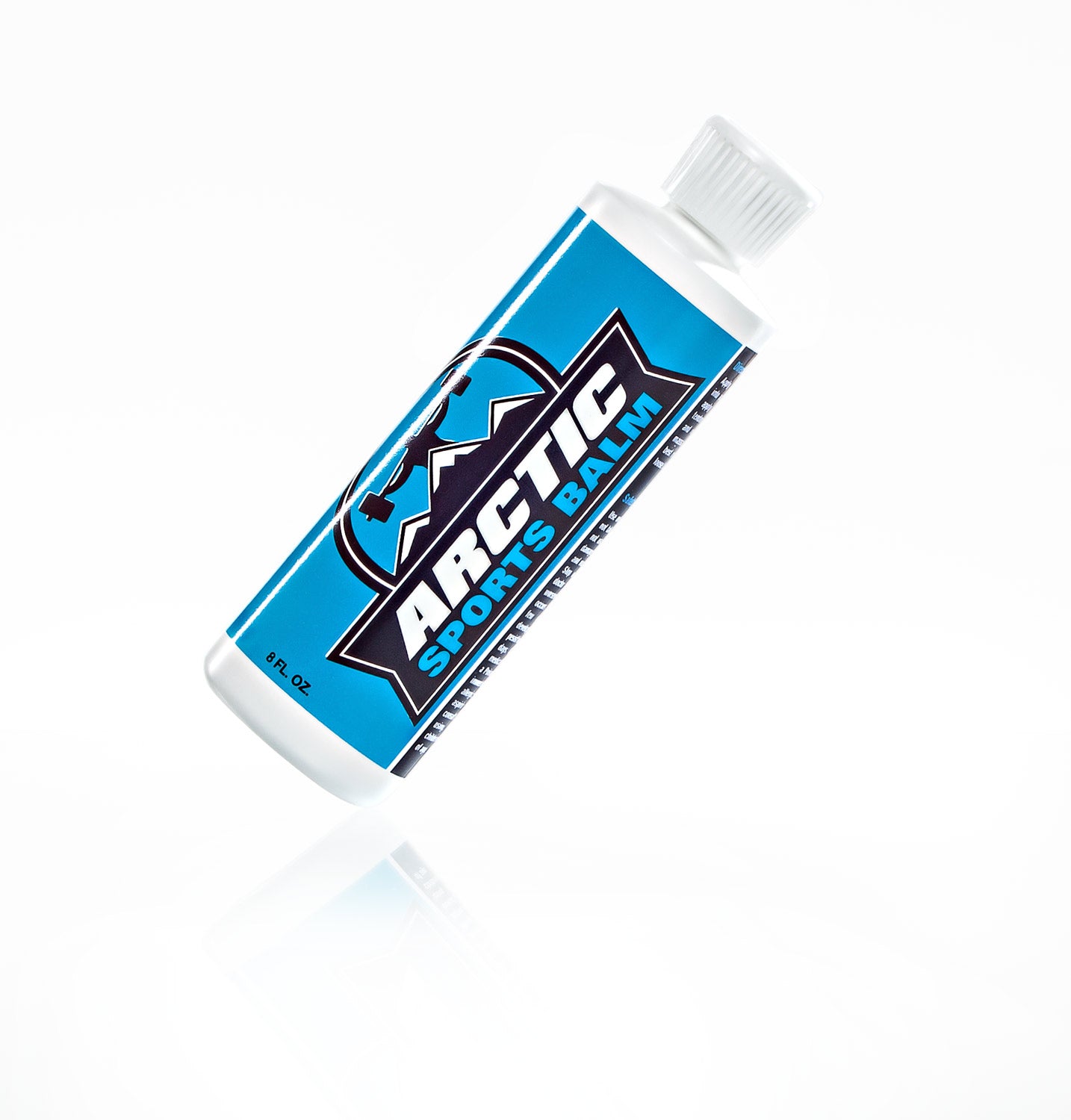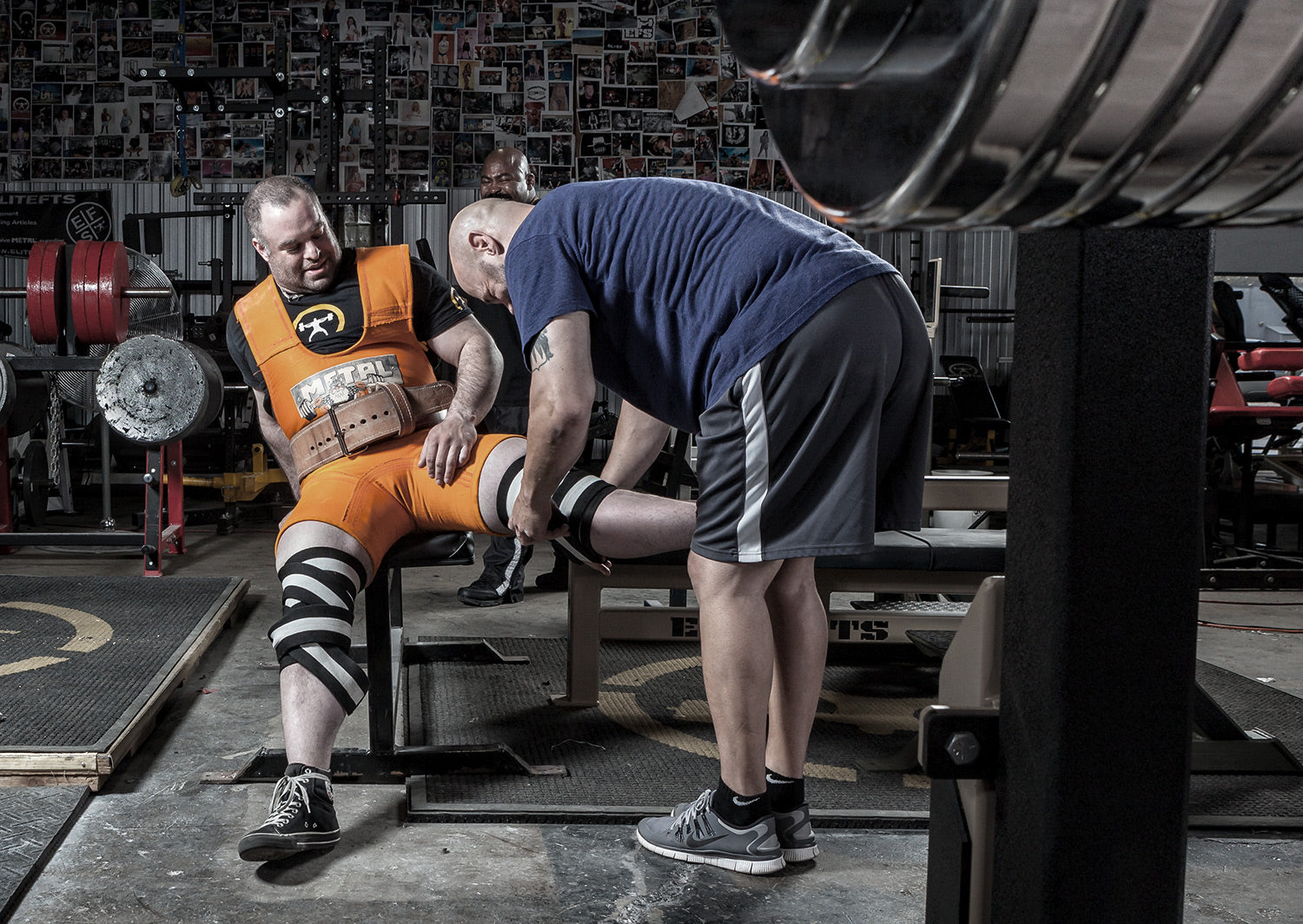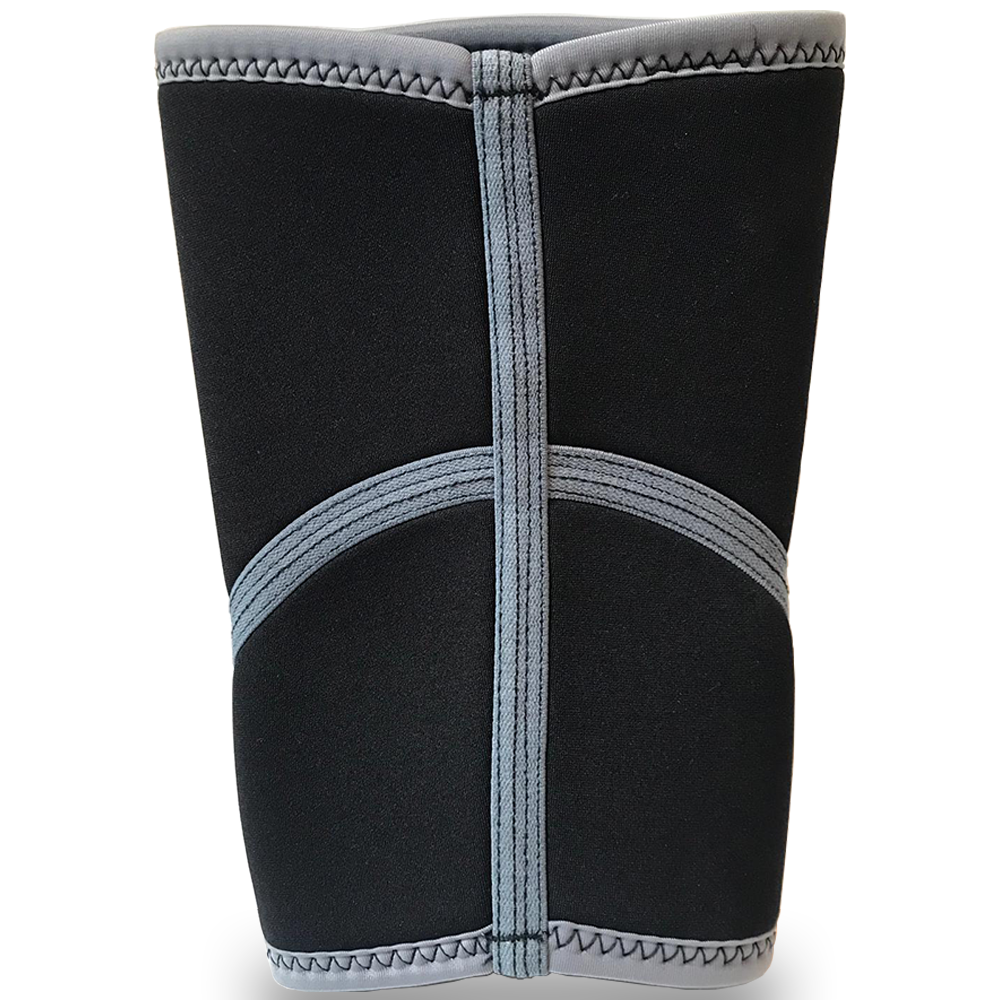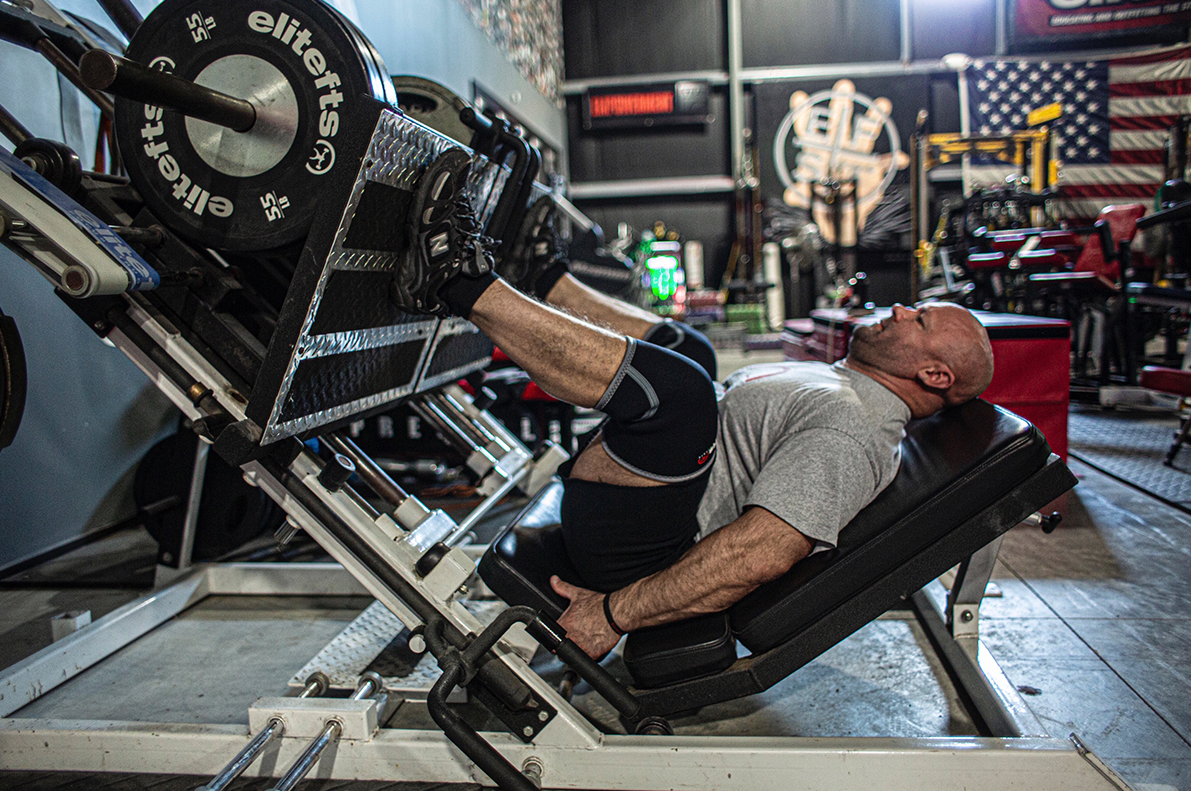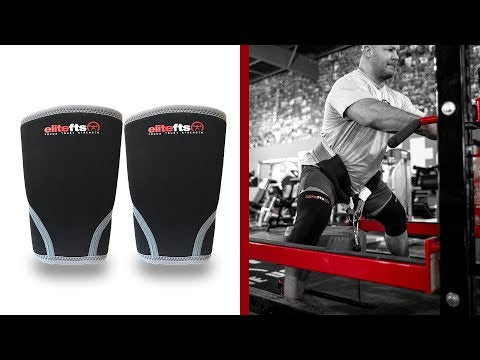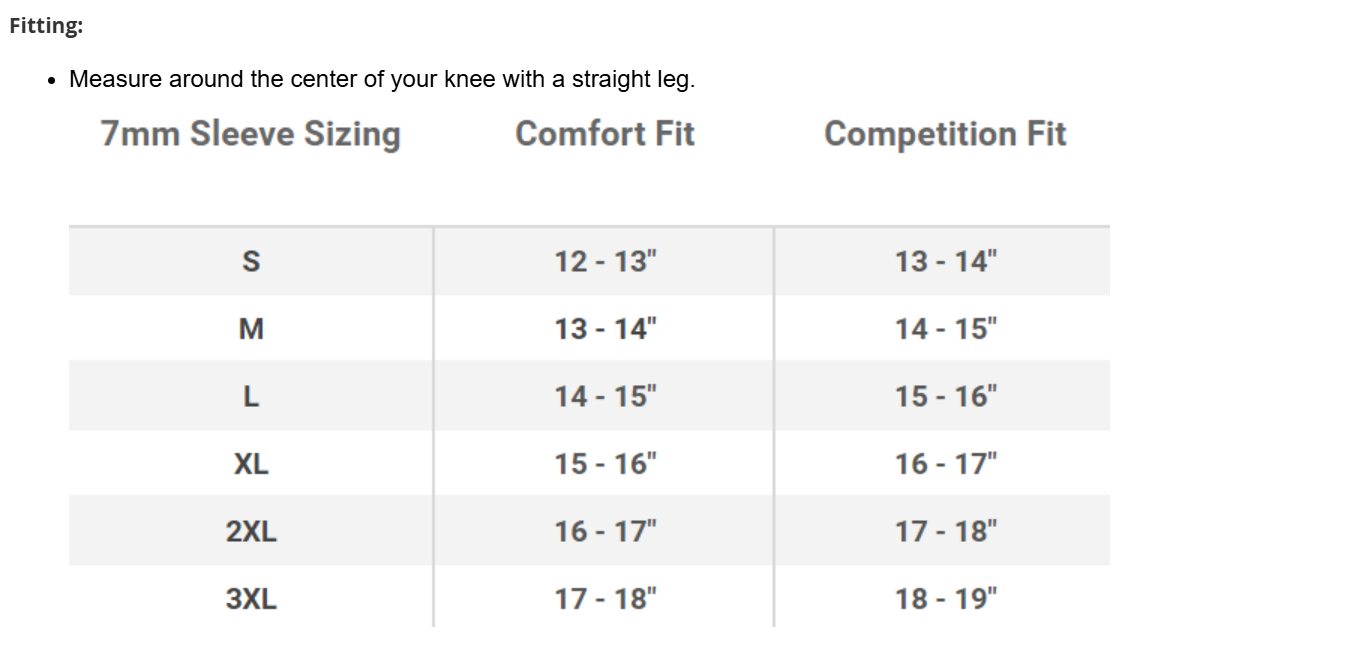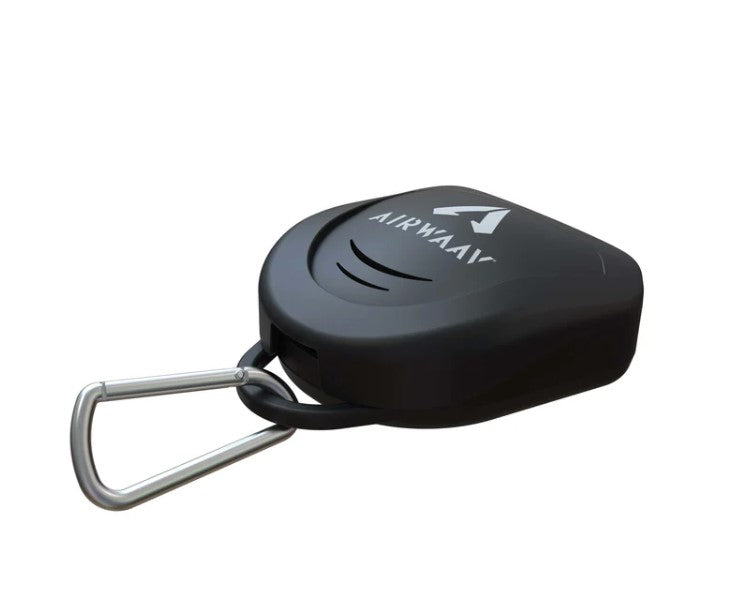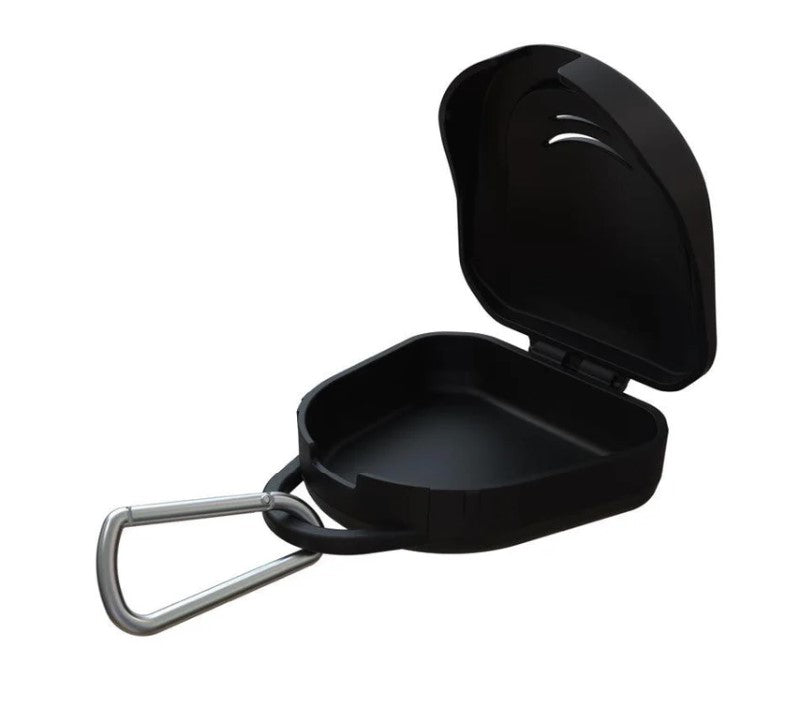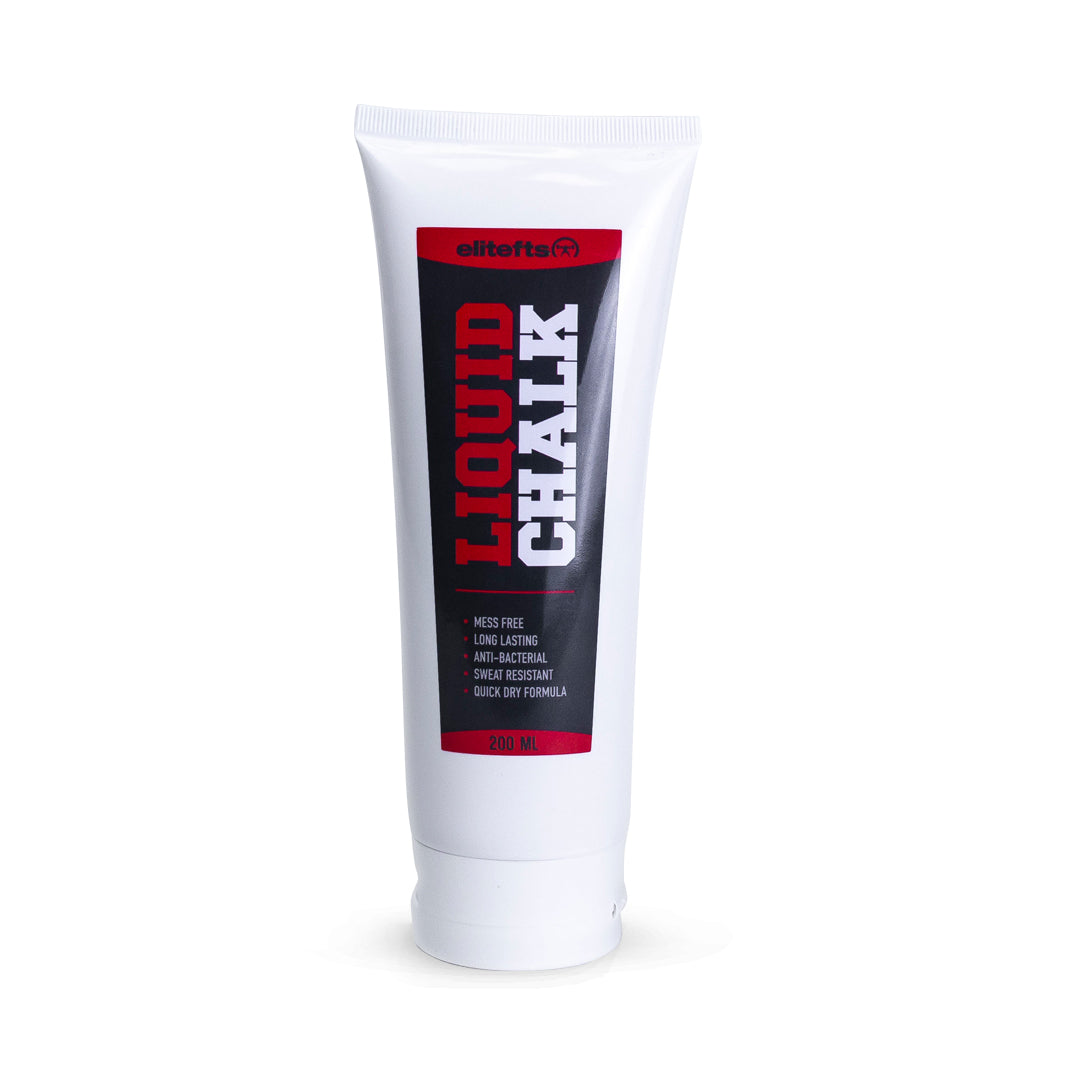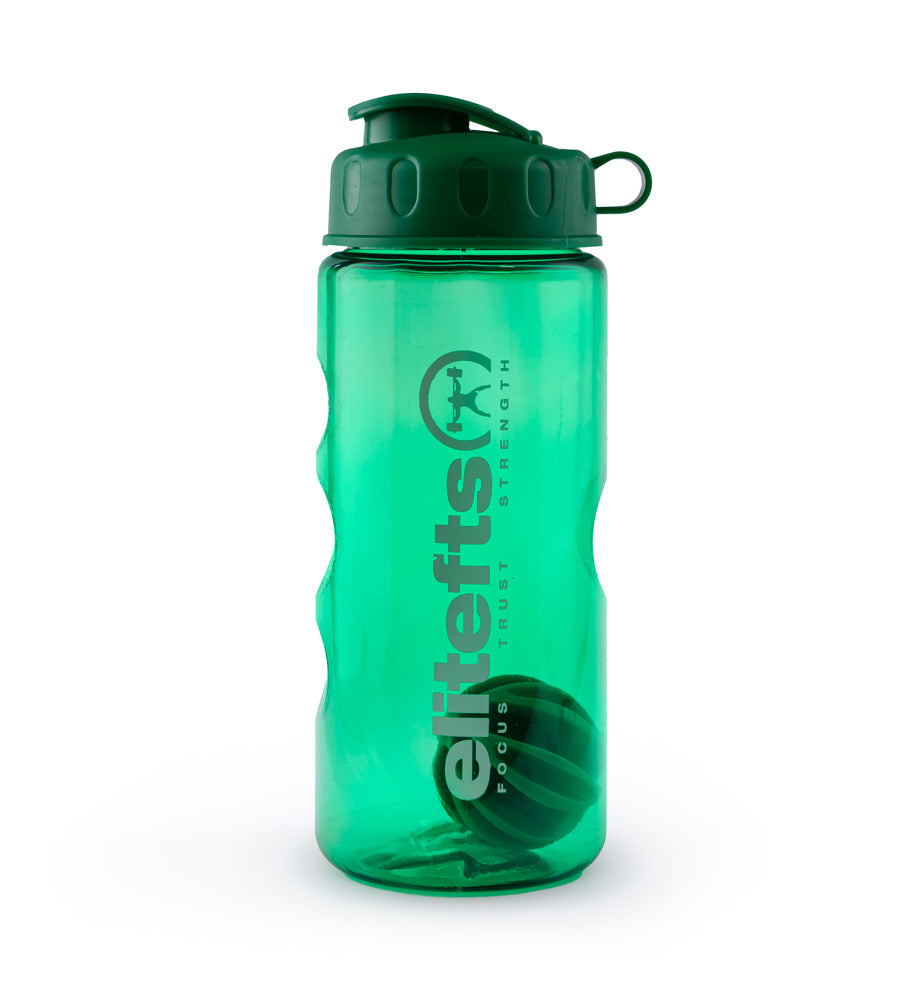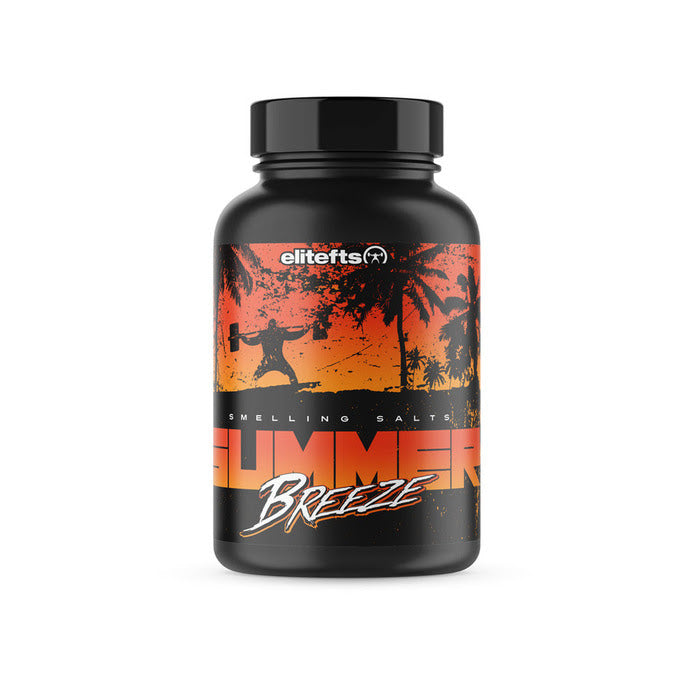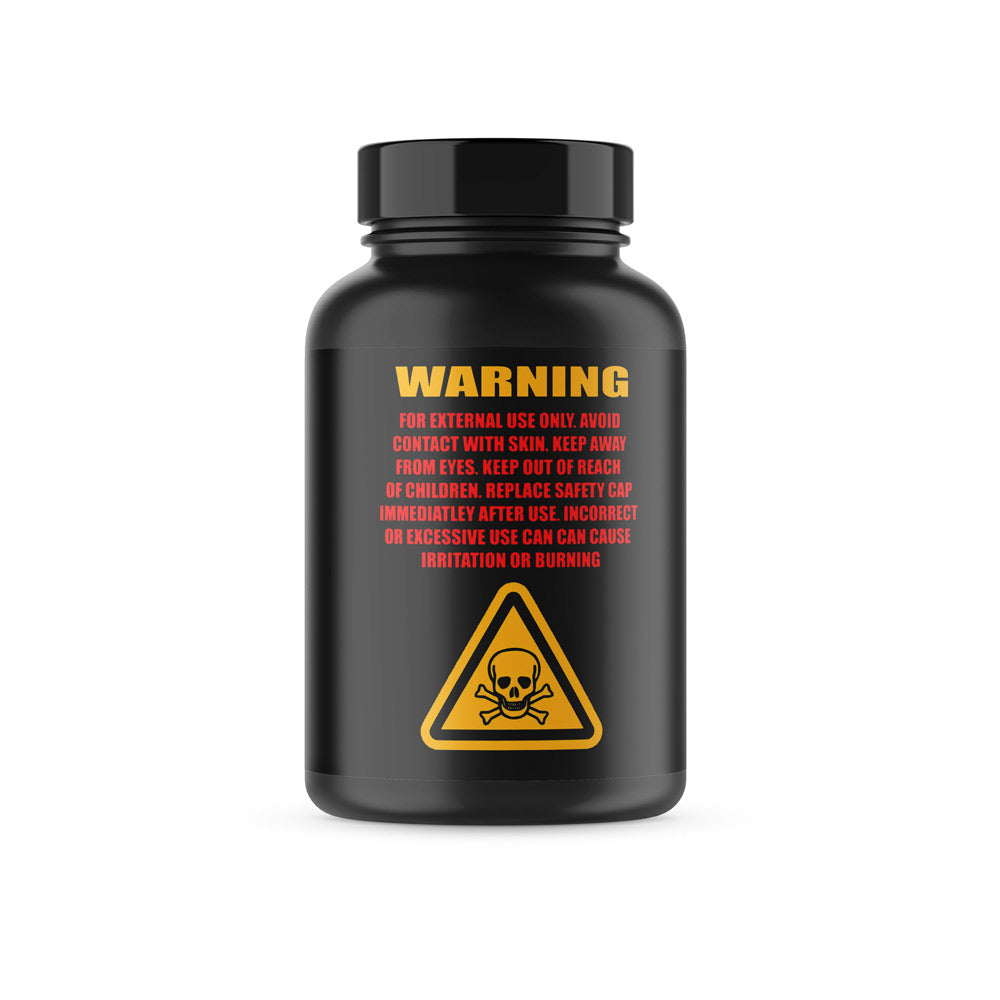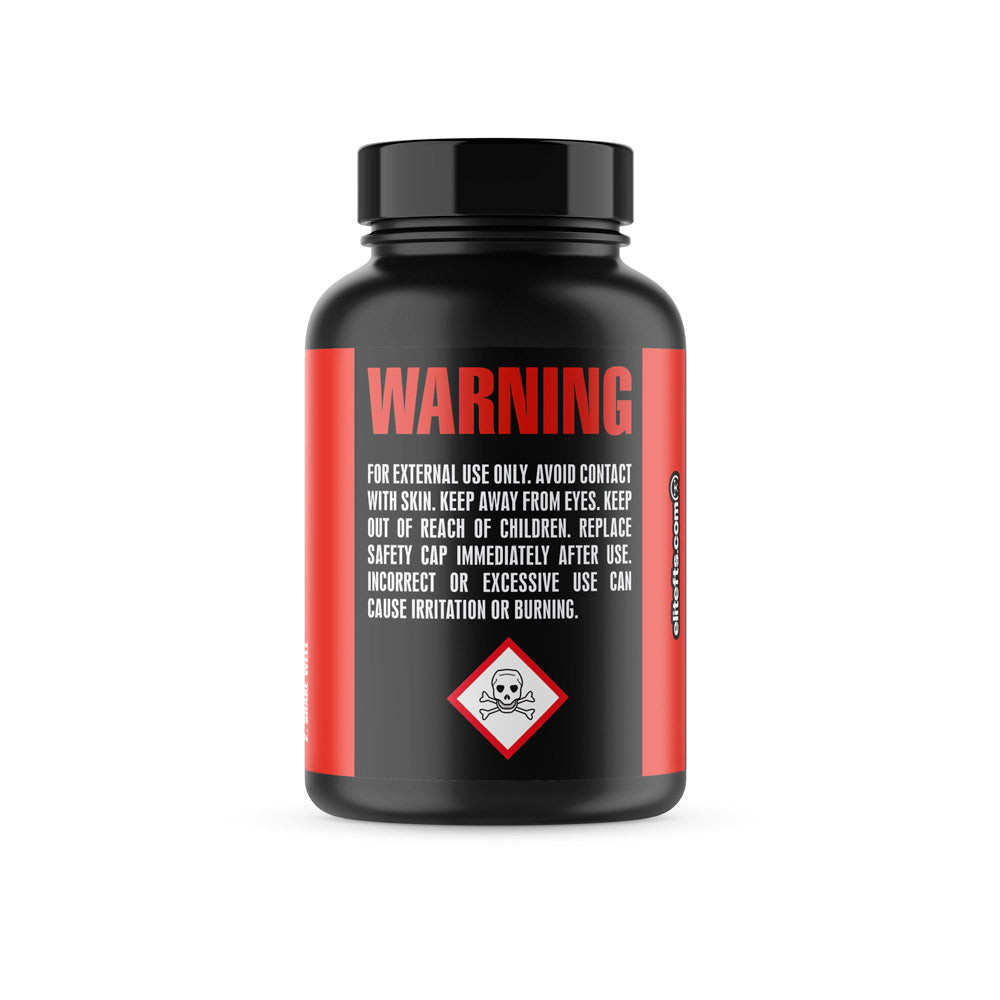
In order to gain great
strength, there are many things an athlete or lifter must understand. Some of these things have much more importance than other things. I think this is where a lot of athletes end up making massive mistakes. They place too much importance on the wrong things. I break things down to the simplest factors so I can better understand them and how everything else builds from them. This way I know what
principles build the best foundation and what things hold the most importance. I started lifting some 33 years ago and still to this day, I remind myself to keep things simple and to never forget the most basic and important factors of strength
training. It is easy to be blinded by all the new information, exercises, and theories we have access to these days. And it’s easy to want to try or feel like we must do all these new things we see.
RECENT: Who is in Charge Here, Anyways?
With such a
wide variety of information out there, I can kind of understand how people begin to question themselves or the training they are doing. I can see how people begin to think they are not doing enough or that their programs are not complicated enough. This is a trap we need to avoid while spending more time breaking down the basic principles of strength and understanding the theories behind them. Then once we have mastered them, we can look to
expand our training while never forgetting the basics and the principles behind them. After decades of training, learning, making mistakes, and seeking more knowledge, I have what I think is the absolute most important principle for every lifter to understand. It’s one that they should ask themselves every day and always refer back to when thinking about changing their training. It is a very simple and straightforward principle: training and
recovery must be equal in order to make the biggest and most efficient gains.
View this post on Instagram
we break our bodies down with training, and during the recovery from that training is when we actually get stronger. Training and recovery have equal importance in the world of strength training, yet training continues to be the one people ask more questions about. It is the one people seem to be obsessed with and overcomplicate. The very first place lifters tend to go to when they feel they are not getting strong enough is training. More often than not, their first thought is to increase training or increase intensity when training. It is so common to think we are not working enough or hard enough. This is a thought process I have been working to stop lifters from making for many, many, many years.
RELATED: Live and Learn (and Pass On, Too)
As with most things in life, they are not totally cut and dry. I feel there is a time when a bit of overtraining is good for an athlete. It can build character while training the Central Nervous System, the heart, and the will. At the same time, I think there is a place for some under-training, too. Overall, there should be a balance where the scales may tip a bit either way but always come back equal over time. Too long or too far out of balance is where the real problems start. The equal balance of training to recovery is a major principle that should always be taken into consideration while understanding perfection is unobtainable. A little play either way is gonna happen, so embrace it. One of the major nemeses of the equal equation of training to recovery is the
ego, followed shortly by greed. Even with such a true and logical principle, the ego and greed can make it so difficult to follow and believe. I know in my own case, it is a continuous struggle and one that has plagued my whole lifting career. The power of the ego is immense and greed is only slightly weaker. They are powerful enough to make us go against our most intelligent and logical thoughts. Our egos tell us those rules don’t apply to us. “No, we need to work more than that because we don’t have genetics or because we are different than everyone else.” They remind us about all the stories we read or about
the athletes we look up to. They may even tell us we are better and can handle more, so we should work more. We don’t have to pay attention to what we eat because it is just mind over matter. Our egos have endless amounts of crap they can tell us to get us to do all kinds of completely stupid shit. Even if we do hold our egos in check, then we have to deal with Mr. Greed. Our training as a whole could be going amazing, and we are making amazing gains, but Mr. Greed chimes in and starts talking about how much more we could be getting.
 “Hey, everything is going great and we are PR-ing all the time, so we should start training more and harder so we can make even more gains. We could be hitting our nutrition hard with training and getting leaner every day,” Mr. Greed says. “Damn, you’re looking good, but I think it could be coming along so much faster.” Things in the lifting world come slow; that is just the way it is. You can only put on muscle so fast. You can only gain strength so fast. You can only get ripped so fast. Yet it is so easy for us to want more and more. We want to make the most efficient gains, but
“Hey, everything is going great and we are PR-ing all the time, so we should start training more and harder so we can make even more gains. We could be hitting our nutrition hard with training and getting leaner every day,” Mr. Greed says. “Damn, you’re looking good, but I think it could be coming along so much faster.” Things in the lifting world come slow; that is just the way it is. You can only put on muscle so fast. You can only gain strength so fast. You can only get ripped so fast. Yet it is so easy for us to want more and more. We want to make the most efficient gains, but we must control ourselves enough to see the reality of it. The fact is that training should not be emotional, and in the end, we are in control. We control our own emotions, egos, and greed. Just like training to get stronger we need to train our minds to overcome these things.
WATCH: Table Talk — Deloading with Dave Tate and Joe Sullivan
I feel as though now is a good time to bring up the deload. Ever since I started powerlifting, the deload was a heavily debated topic. I, for one, actually use the deload, but at the same time, I will admit if a program is done well, there should be no need for a deload. If a training program is set up perfectly, then the equation of training to recovery will always be equal. If it is equal, then there is no need or reason to deload. In my mind, this makes very logical sense. The problem for me is controlling my ego in the gym and my sleep issues. I know I struggle with this, so I plan in deloads. I am always swinging into short periods of overtraining and I need a deload to equal my ratio out. Another problem I see quite often is that the ego pops even when it comes to deloading. I can’t do a
bench deload with 25-pound
dumbbells because I am too badass for that! I often laugh when I see lifters claiming they are deloading because they usually are not. They are just going a little lighter but not actually deloading. If the deload is planned into training, is it even a deload or just part of the training plan? Strength training is so often over-complicated by lifter and athletes. The basics or core of it are actually very simple and pretty straightforward. Yes, there is a lot to it, and especially when it comes to the entanglement of all the different parts. The stronger you get and as you reach higher levels, it does because it gets a bit more complex. Still, just like in lifting, we must never forget about the core. We must establish our core principles that are the foundation of our training as a whole. We should always consult these principles whenever we want to do any changes. These are the markers that help us stay on the right course. They guide us through the fog like a lighthouse. This equation of training to recovery is one marker every lifter or athlete should have and continue to follow through their whole careers.









